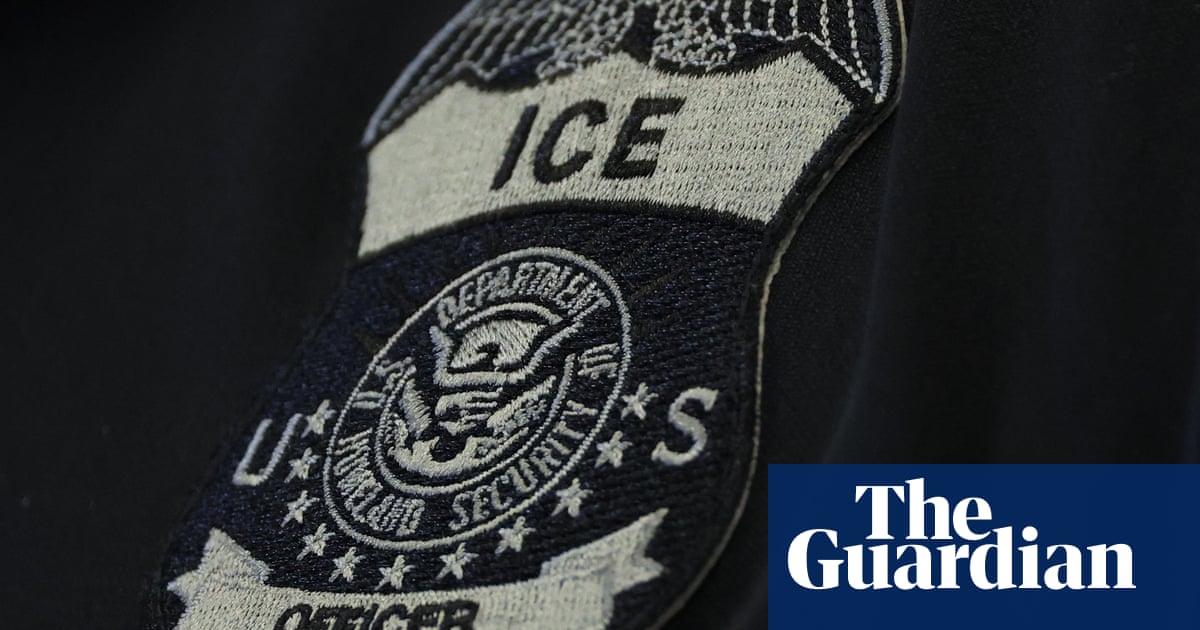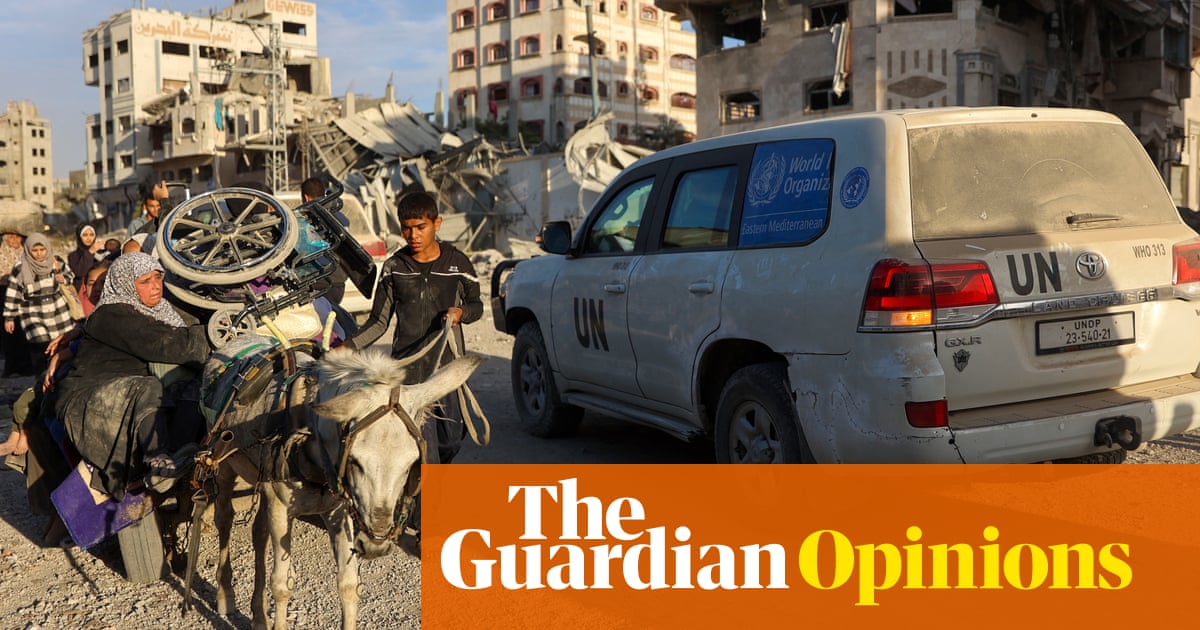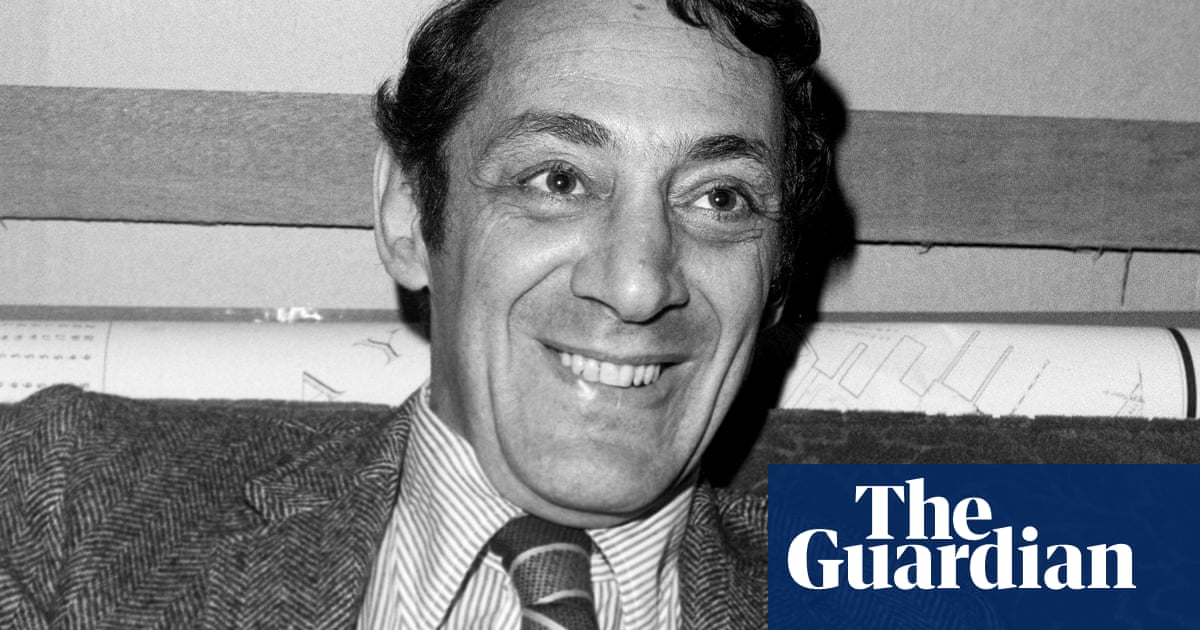A federal program that provides benefits to families of police officers and firefighters who die and become disabled on duty is rapidly growing while facing criticism for increasing delays in deciding claims.
Congress created the Public Safety Officers’ Benefits program in 1976 to guarantee that the spouses and children of officers who put their lives on the line would receive financial support.
But repeated expansions in eligibility approved by Congress, including three passed in the last five years, have made the program more popular and complex to administer. Critics say the program fails some families by taking too long to grant or deny benefits and making inconsistent rulings.
An Associated Press analysis found that hundreds of families are waiting years to learn whether they qualify for payments, and more are ultimately being denied.
For one widow, payment came just as she'd given up hope
New Jersey widow Sharline Volcy learned this month that she'd been awarded the benefits, more than 3 1/2 years after her husband, Ronald Donat, died while training at the Gwinnett County Police Academy in Georgia.
Volcy said she was grateful for the aid, which will provide some financial security and help pay for her two daughters to go to college. But she said the long wait was stressful, when she was told time and again the claim remained under review and ultimately saw her inquiries ignored.
“They told me they didn't know how long it would take because they don't have a deadline. That's the hardest thing to hear,” she said. “I felt defeated.”
She said lawyers didn't want to take the case, and a plea for help to her congressperson went nowhere. She said she'd given up hope and was lucky she had a job as an airport gate agent in the meantime.
The benefits program isn't meeting its timeframe goal
Volcy's experience isn't unique, and some cases take longer.
As of late April, more than 120 claims by surviving relatives or disabled first responders have been awaiting initial determinations or rulings on their appeals for more than five years, according AP's findings. About a dozen have waited over a decade for an answer.
The program has a goal of making determinations within one year but has not taken steps to track its progress, according to a recent Government Accountability Office report.
But roughly three in 10 cases have not met that timeframe in recent years. As of late late April, 900 claims had been pending longer than one year. That includes claims from nearly every state.
Republican lawmakers have introduced a bill to require the program to make determinations within 270 days.
The denial rate for benefits is up, too
Over the last year, the denial rate has increased, with roughly one in three death and disability claims getting rejected.
Applicants can appeal to a hearing officer and then the director if they choose, but that isn't common. Many say they can't afford attorneys or want to get on with their lives.
Justice Department officials, who oversee the program, say they’re making complicated decisions about whether cases meet legal criteria.
“Death and disability claims involving complex medical and causation issues, voluminous evidence and conflicting medical opinions, take longer to determine, as do claims in various stages of appeal,” they said in a statement.
Claims have doubled in recent years
The program started as a simple $50,000 payout for the families of officers who were fatally shot on duty or died as a result of other violence or dangers.
But Congress expanded the program in 1990 to cover some first responders who were disabled on duty, which made some determinations harder to reach. A 1998 law added educational benefits for the spouses and children of those deceased and disabled officers.
Since 2020, Congress has passed three laws making many other types of deaths and disabilities eligible, including deaths related to COVID-19, deaths and injuries of those working rescue and cleanup operations after the September 2001 attacks, and responders who committed suicide under certain circumstances.
Annual claims have more than doubled in the last five years, from 500 in 2019 to roughly 1,200 today.
Critics say a key partnership creates a conflict of interest
While many applicants have criticized the increasing delays, the leading group that represents the relatives of officers who die on duty has been silent.
Critics say that’s because the group, Concerns of Police Survivors, has a financial incentive not to criticize the program, which has awarded it tens of millions of dollars in grant funding in recent decades.
The Missouri-based nonprofit recently received a new $6 million grant from the program to for its work with deceased officers’ relatives, including counseling, hosting memorial events, educating agencies about the program and assisting with claims.
The group’s founder and retired executive director, Suzie Sawyer, said she was warned many years ago that fighting too hard for claimants could jeopardize its grant funding.
But current spokesperson Sara Slone said advocacy isn't the group's mission and that it works “hand in hand” with PSOB to assist applicants and provide education about benefits.
One widow’s fight has been remarkable, supporters say
Lisa Afolayan’s husband died after a training exercise at the Border Patrol academy more than 16 years ago, but she’s still fighting the program for benefits.
An autopsy found that Nate Afolayan died from heat illness after completing a 1.5-mile test run in 88 degree heat, at a high altitude in the New Mexico desert.
The program had awarded benefits to families after similar training deaths, dating back to an officer who died at an academy in 1988.
But its independent investigation blamed Nate’s death on sickle cell trait, a genetic condition that's usually benign but has been linked to rare exertion-related deaths in police, military and sports training.
The program denied Lisa’s claim and her subsequent appeals, arguing the death wasn't the result of heat along and didn't qualify.
The program stood by its denial in 2024, even after a federal appeals court said it may have failed to adequately consider the weather’s role and violated a law barring discrimination on the basis of genetic information.
The appeals court is currently considering Lisa’s second appeal, even as the couple’s two children reach college age.

 German (DE)
German (DE)  English (US)
English (US)  Spanish (ES)
Spanish (ES)  French (FR)
French (FR)  Hindi (IN)
Hindi (IN)  Italian (IT)
Italian (IT)  Russian (RU)
Russian (RU) 























Comments